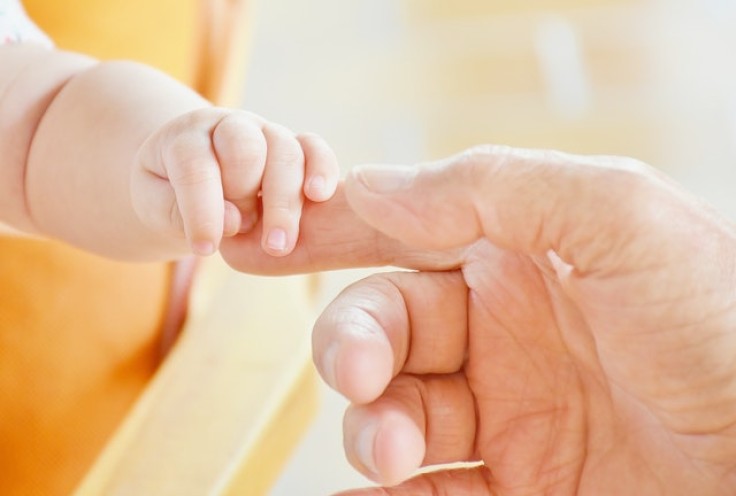
Until the time they start talking, babies depend on the interpretation of their parents when they want to communicate something. Crying is one of the forms of communication that parents use to decipher whatever their babies wish to say. However, experts say that baby hand movements are also signifying messages.
Here are some of those movements:
Hand movement #1: throwing out arms and legs
This movement is a startle response of a baby. It is called the Moro reflex. For example, when a baby is startled by a loud noise, he or she moves abruptly. Usually, the baby's movement is throwing out of arms and legs.
Hand movement #2: grasping of finger
One typical response of a baby to anyone who places a finger on his or her palm is holding that finger. This movement is known as the grasp reflex. It does not mean much, except the baby, is responding to the touch of other people.
Hand movement #3: fencer's pose
This hand movement is seen when a baby's head is turned to one side. The arm on that side of the baby automatically straightens, and the opposite arm bends.
There are several hypotheses on why babies move their hands that way. However, one of the most discussed is that it is a way for babies to observe their hands. The hypothesis also says that this allows the development of eyes and hands coordination.
Hand movement #4: pinching, poking, and hair pulling
According to child psychologist Tiffany Field, this hand movement of babies is their way of exploring the things around them, including the parents. Through these gestures, they can know what the skin tastes. It also allows them to understand how someone reacts to the movements that they create.
Tiffany emphasized that it is not a sign of baby hostility. She says, "They just don't realize that those things can hurt you."
When baby hand movements are painful, here's what to do.
Mainly, when babies pinch, poke or pull their parents' hair, it could start hurting their parents. To avoid this, parents can try offering an alternative. For example, if the baby pulls the hair of his of her parents, parents could show how to stroke the hair softly. This way, it will not hurt anyone in the future.
Another way to address this is by being an excellent example of babies. Even if pinching their cheeks is adorable, this may not be comfortable for babies as well. When parents do so, babies might think that pinching is okay.
Will there ever be a need to call the doctor?
Doctors routinely check the baby's movements during your regular visits. However, if there are questions about their hand movements that bother the parents, it would be best to consult this with health professionals during the routine check-ups.